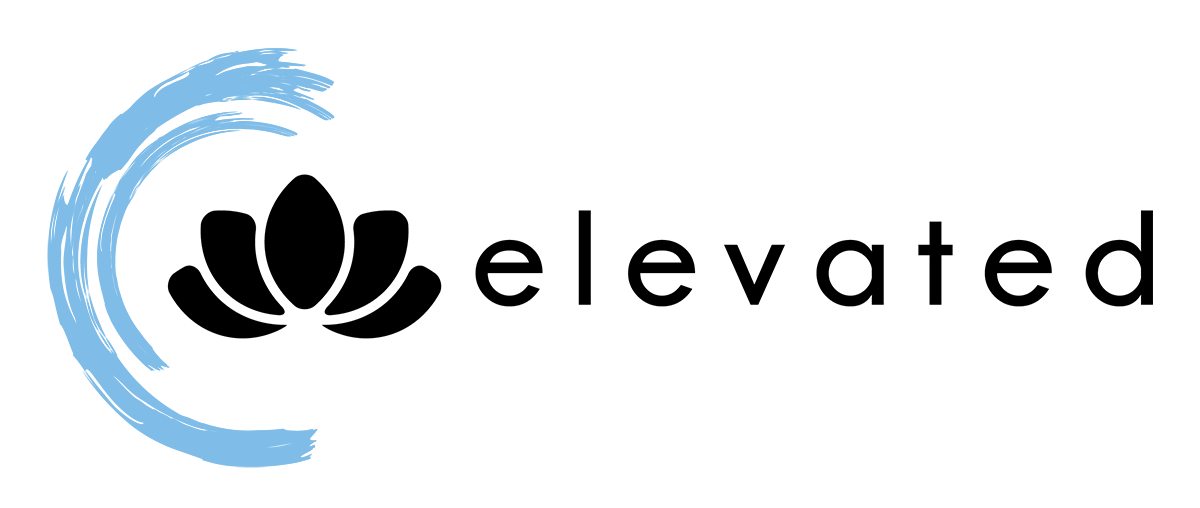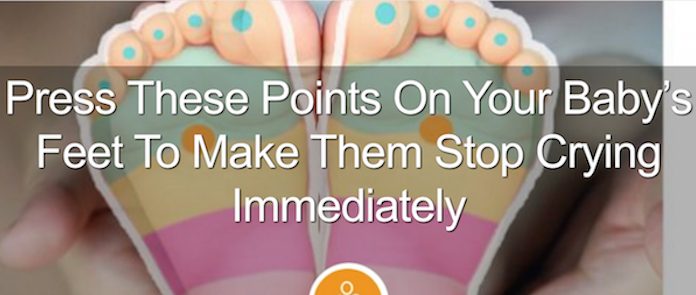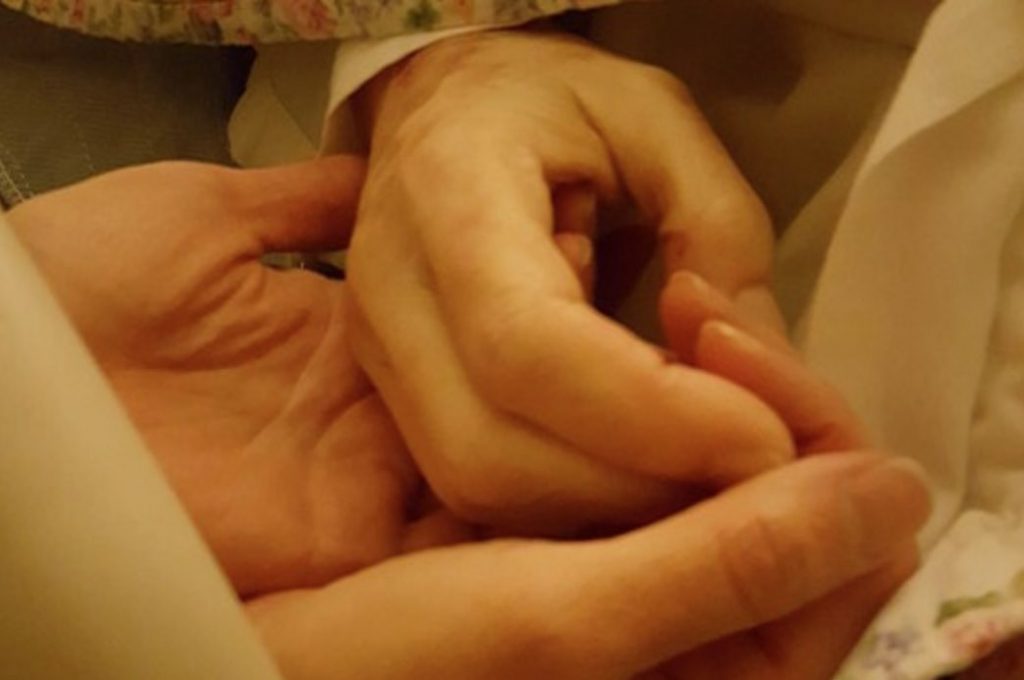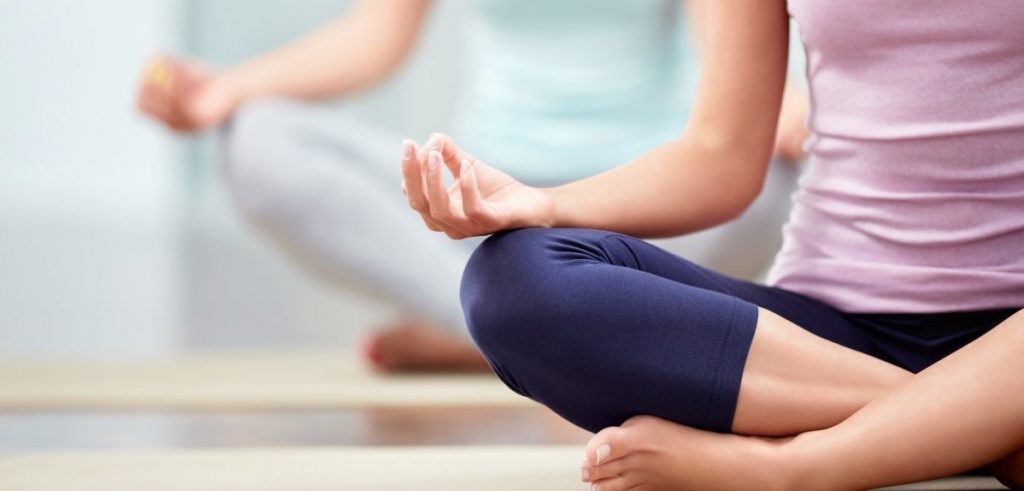Press These Points on Your Baby’s Feet To Make Them Stop Crying Immediately! Reflexology is an old, cultural practice dating back thousands of years to ancient China. However, it has recently experienced a surge of popularity as a legitimate medical practice to treat a variety of physical ailments. Since reflexology is probably the most natural and least invasive treatment available. This makes it the perfect tool for calming down babies.
Babies don’t have the ability to convey to you what it is that is troubling them. They will often respond to physical pain simply by crying. Reflexology provides an effective way to determine what it is your baby is experiencing. Additionally, this will teach you how to fix it.
Press These Points on Your Baby’s Feet To Make Them Stop Crying Immediately!
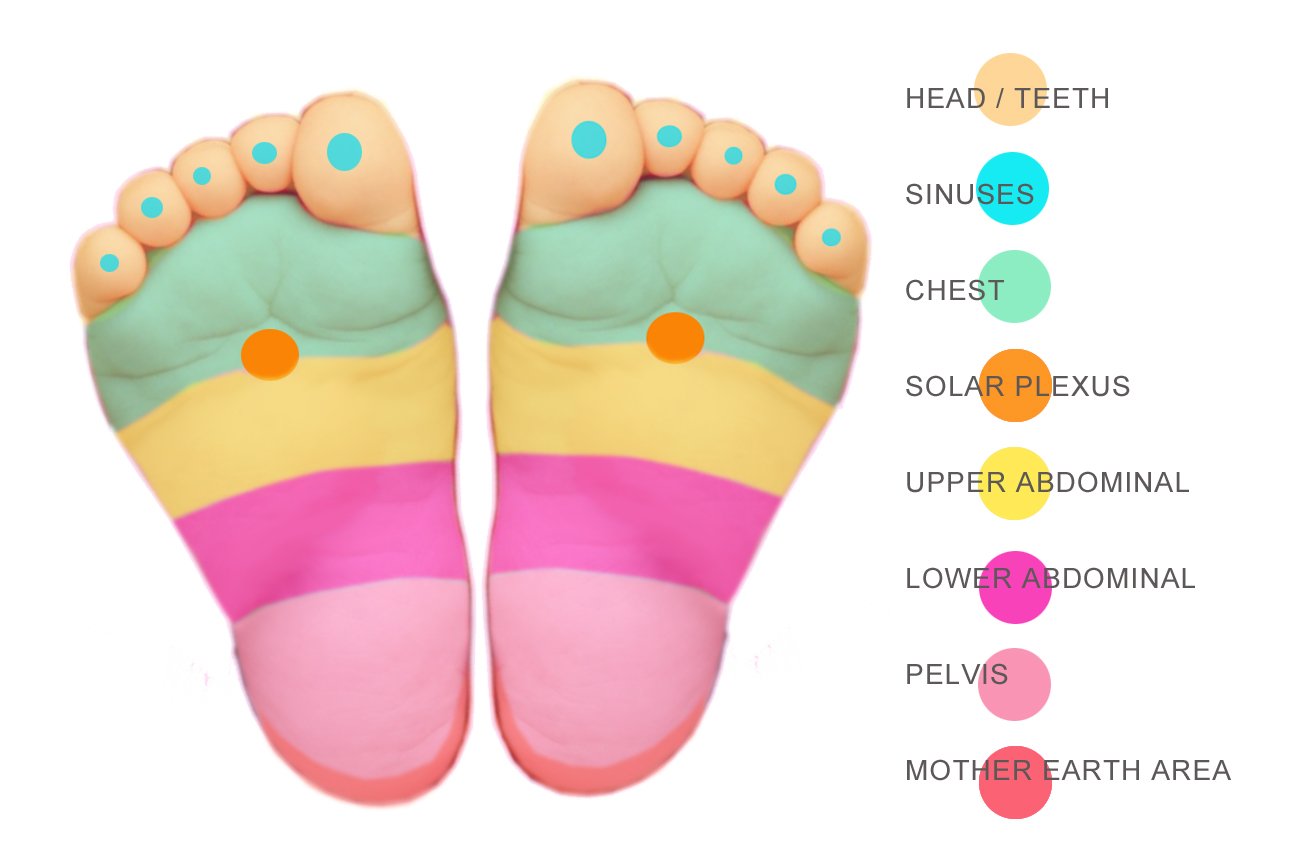
Babies are said to be much more responsive to reflexology than full-grown adults. This is mainly because they are more receptive to physical touch in general. When a baby or child is in distress, it is our natural response to comfort them physically by holding them, rubbing their back etc. This makes reflexology the perfect treatment for them.
Head/Teeth
To treat problems involving the head and teeth, the tips of the toes are the parts of the foot that need to be rubbed. This is great for treating many health issues that occur above the neck, such as ear infections. It is especially helpful when the baby is teething, as performing reflexology on the tips of the toes can help to reduce the pain caused by this.
Sinuses
The area on the foot associated with sinuses is in the center of the “Head/Teeth” area, similar to the placement of the sinuses in our heads, which is right in the center. Applying pressure to the center of a child’s toes can help reduce the severity of a variety of sinus problems ranging from a runny nose to the common cold and other respiratory problems. Although this is by no means a cure for any illness, it is said to reduce their symptoms and make them more bearable.
Chest
The chest area on the feet is the top of the foot that touches the ground, above the arch. Performing reflexology on this area provides similar effects to the sinus area, in that it relieves congestion. However, this area relieves congestion in the chest rather than the sinuses. As a result, this makes it effective for treating chronic coughs or colds that cause phlegm buildups. In fact, several studies have found reflexology to be very effective at reducing all forms of congestion.
Solar Plexus
The solar plexus is a complex collection of nerves located between the stomach and the lungs. It’s hard to narrow down the cause of solar plexus pain due to its location and variety of nerve endings. However it can be treated by performing reflexology near the upper area of the arch of the foot. This is the area right before the arch ends and the foot meets the ground.
Upper & Lower Abdomen
The area of the foot that corresponds with the abdomen is the entire arch of the foot. The upper abdomen correlates with the upper half of the arch. Performing reflexology on this area of the baby’s foot can help with digestive is used such as bowel obstruction and heartburn.
The lower abdomen correlates with the lower half of the arch. Performing reflexology on this area can help with post-digestive issues such as constipation and bloating, which may be factors behind your baby’s discomfort.
Pelvis
The heels of a baby’s foot corresponds with their pelvic area. Issues that commonly affect the pelvic area of a baby include muscle tightness and postural problems. This can be treated by applying pressure to the heel area of the foot.
In conclusion, remember that reflexology is only effective at reducing pain caused by certain conditions and other specific symptoms such as congestion. It is by no means a “cure-all” for certain diseases and should not replace proper medical attention that your baby would require if suffering from a serious condition. It is simply meant to increase their comfort, as well as yours, during periods of pain and stress.
